The truth about Jazz musician Wayne Shorter will surprise you
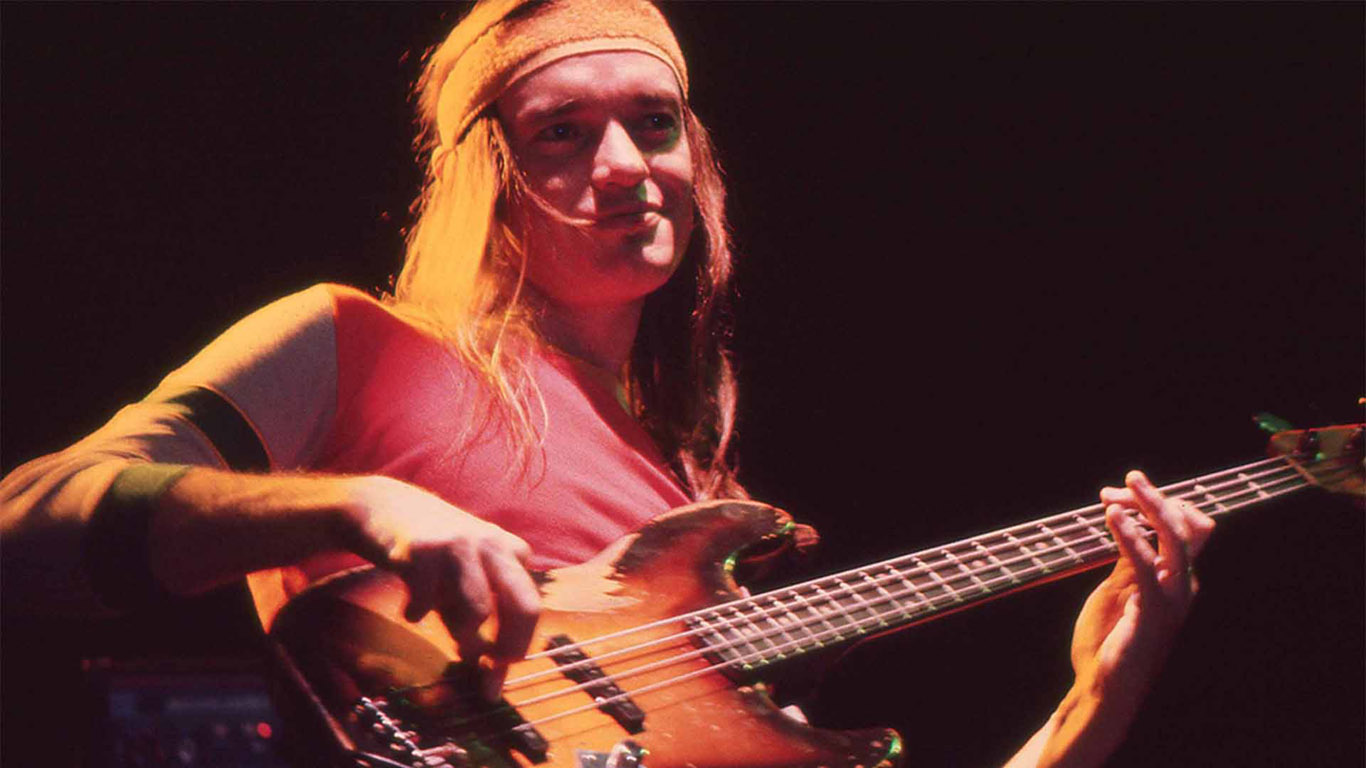

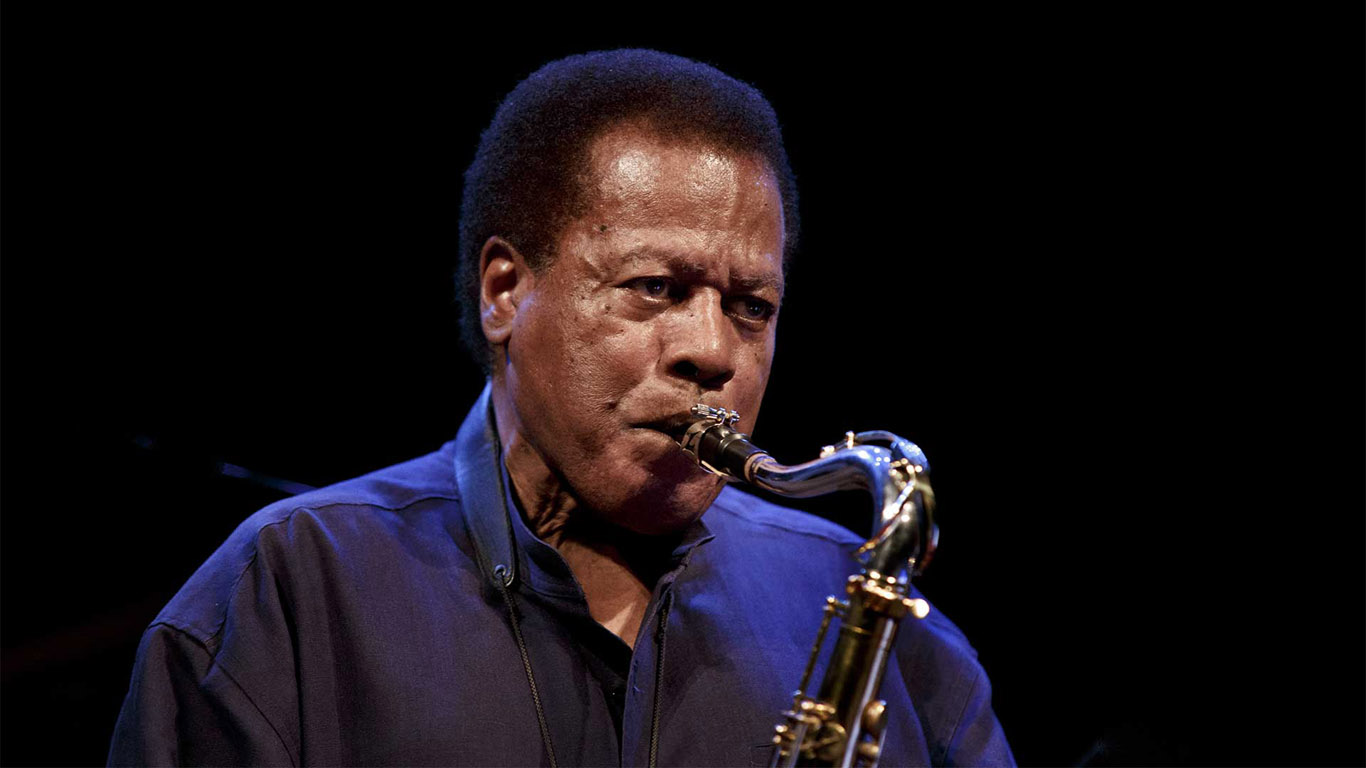
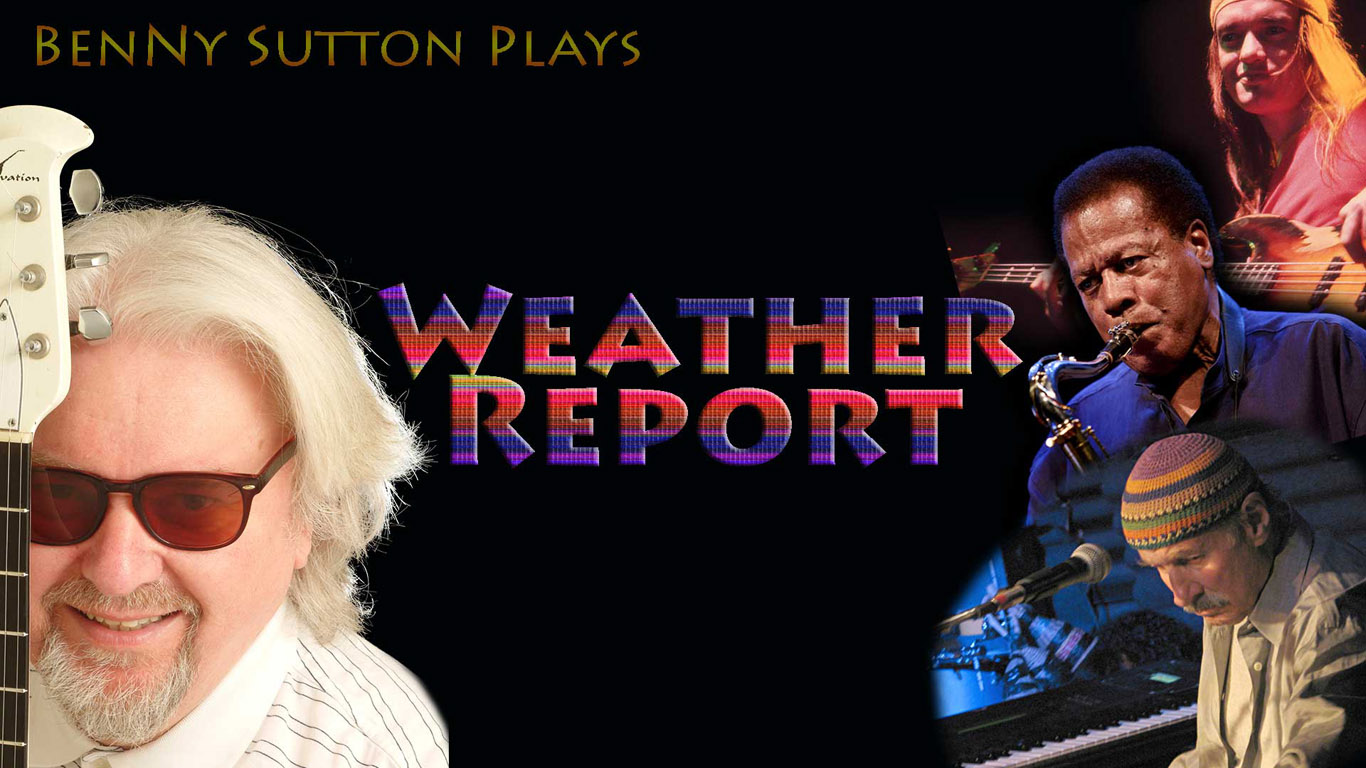
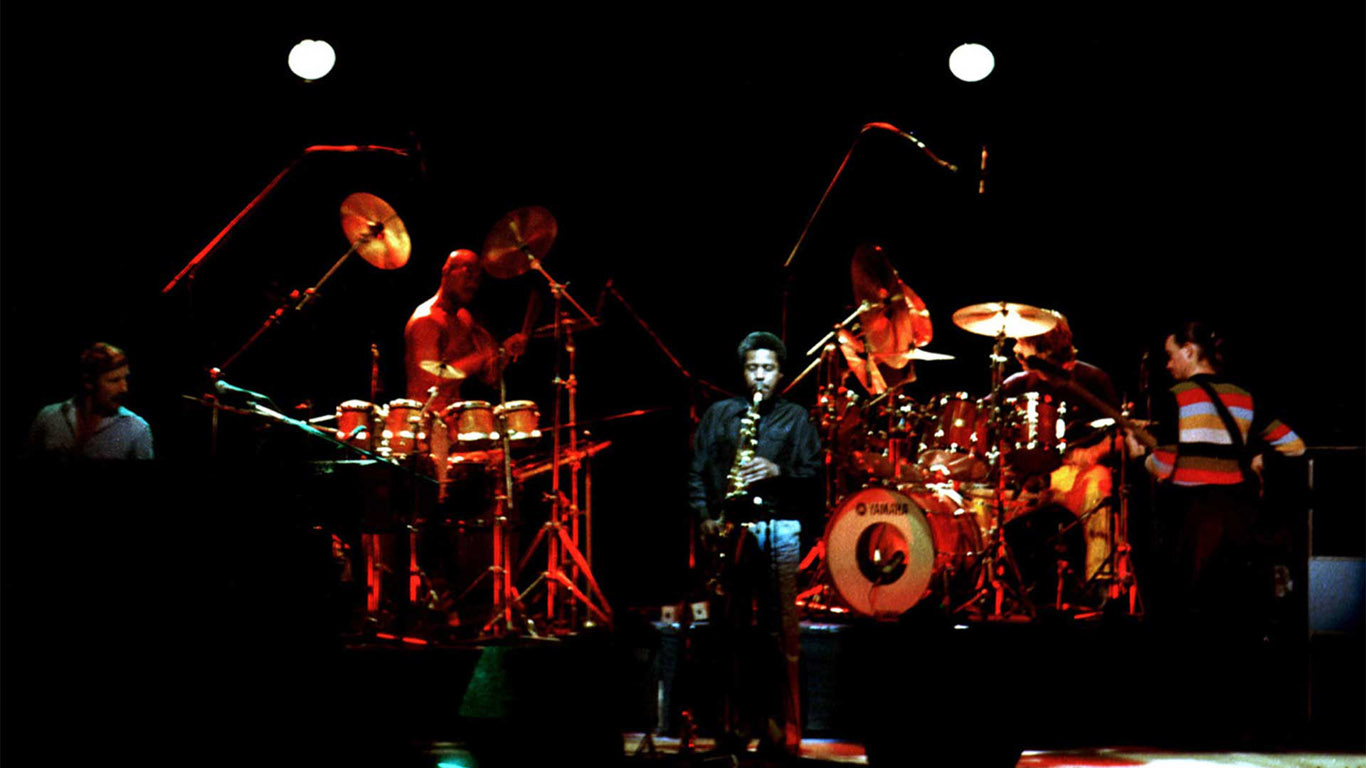
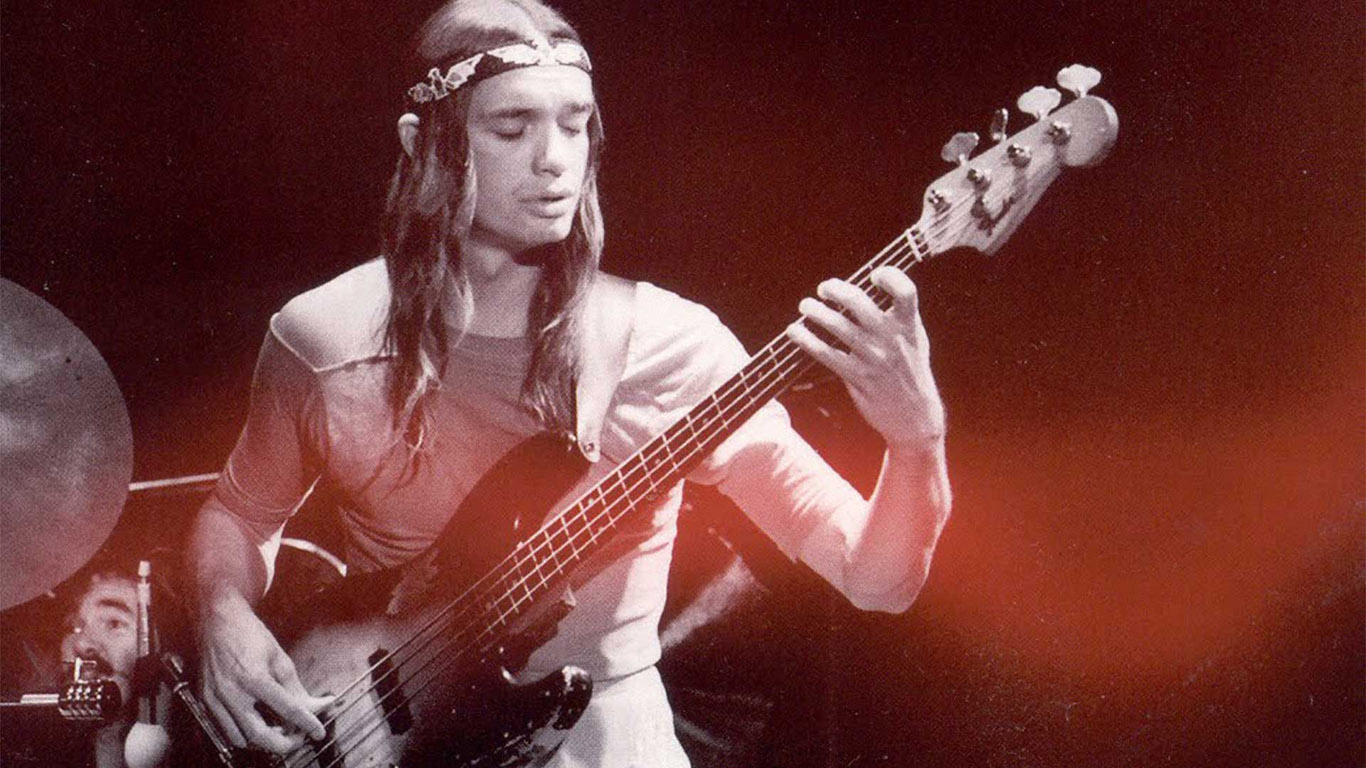
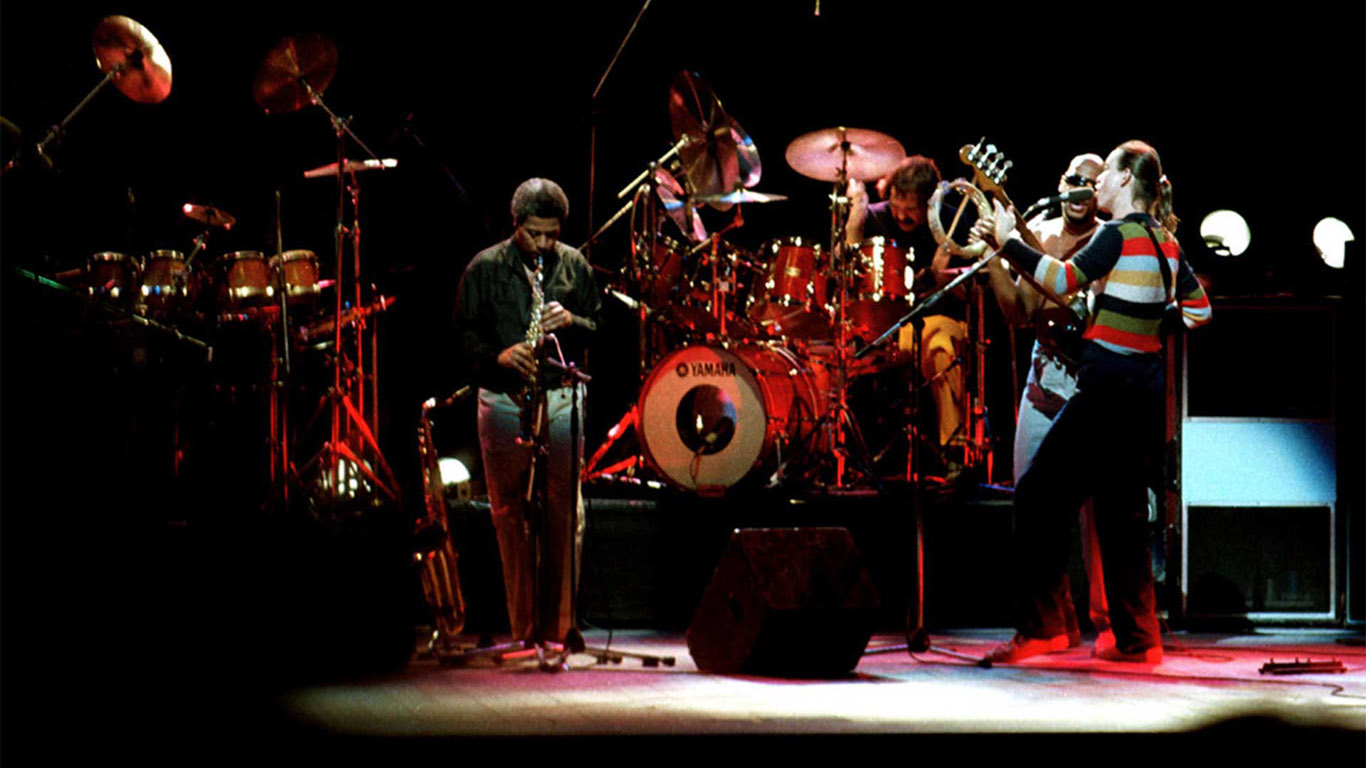
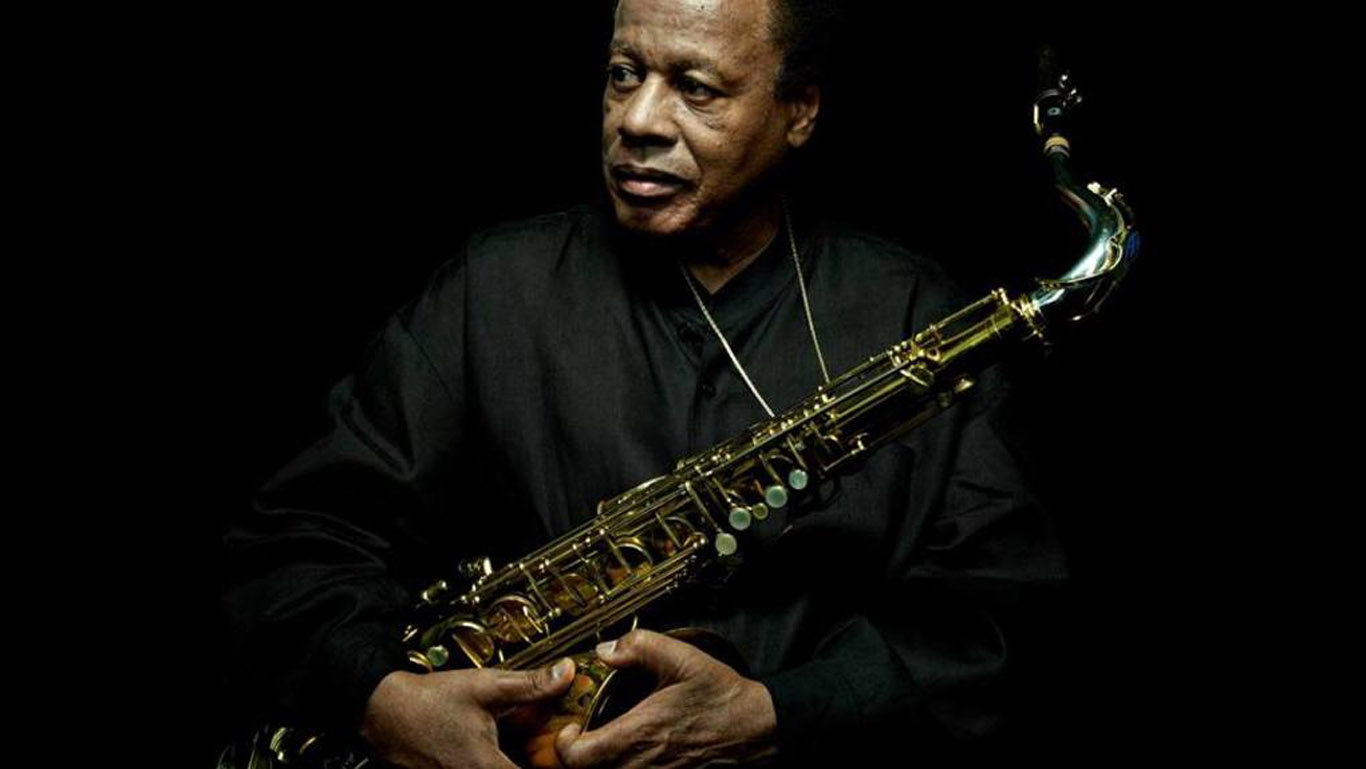

Wayne Shorter is a revered American jazz saxophonist and composer. Known for his innovative approach and profound influence on jazz, Shorter’s career spans over six decades, marked by his work with Art Blakey’s Jazz Messengers, Miles Davis’s Second Great Quintet, and co-founding the jazz fusion band Weather Report.
Early Career
Born on August 25, 1933, in Newark, New Jersey, Shorter’s musical journey began in the 1950s when he attended New York University and played in various bands. In 1959, he joined Art Blakey’s Jazz Messengers, becoming the band’s musical director and contributing numerous compositions.
Career Highlights and Discography
1960s: Shorter joined Miles Davis’s Second Great Quintet in 1964, contributing to seminal albums like "E.S.P." (1965), "Miles Smiles" (1966), "Nefertiti" (1967), and "In a Silent Way" (1969). This period is considered one of the most creative in jazz history.
1970s: In 1970, Shorter co-founded Weather Report with Joe Zawinul. The band became a leading force in jazz fusion, with notable albums including "Weather Report" (1971), "Heavy Weather" (1977), featuring the hit "Birdland," and "Mr. Gone" (1978).
1980s and 1990s: Shorter continued to evolve as a solo artist, producing albums like "Atlantis" (1985) and "High Life" (1995). He also collaborated extensively, notably with Joni Mitchell on several albums including "Hejira" (1976) and "Mingus" (1979).
2000s and Beyond: Shorter’s quartet, formed in 2000, is highly acclaimed, releasing albums like "Footprints Live!" (2002), "Alegría" (2003), and "Without a Net" (2013). His 2018 release, "Emanon," showcased his continued innovation in jazz.
Awards and Honors
Shorter’s accolades include 11 Grammy Awards, spanning from his work with Weather Report to his solo projects. Notably, "Alegría" won Best Jazz Instrumental Album in 2004, and "Emanon" won in 2019. He received a Lifetime Achievement Award from the Recording Academy in 2015.
Famous Songs and Compositions
- "Footprints" (1966): A jazz standard, first recorded on Miles Davis’s "Miles Smiles," it exemplifies Shorter’s distinctive compositional style. Check out my version click here
- "Speak No Evil" (1965): The title track of his classic album, it’s known for its sophisticated harmonies and memorable melody.
- "Infant Eyes" (1966): A beautiful, haunting ballad from the album "Speak No Evil," showcasing Shorter’s lyrical approach to composition.
Collaborations and Influence
Shorter’s collaborations span across genres and artists. His work with Joni Mitchell brought a unique jazz influence to her music. He collaborated with Carlos Santana on the 1988 album "The Swing of Delight" and played with Steely Dan on their album "Aja" (1977). His influence extends to contemporary jazz musicians and beyond, impacting artists like Herbie Hancock and John Coltrane.
Cover Versions
Shorter’s compositions have been covered by numerous artists. "Footprints" has been interpreted by Herbie Hancock, Chick Corea, and even modern ensembles, reflecting its status as a jazz staple. "Infant Eyes" and "Speak No Evil" are frequently performed by jazz musicians, attesting to their enduring appeal.
Legacy
Wayne Shorter’s legacy is profound and multifaceted. His innovative compositions and performances have reshaped jazz, blending complex harmonies, unique structures, and emotional depth. As a member of Miles Davis’s quintet, Weather Report, and through his solo work, Shorter has pushed the boundaries of jazz and influenced generations of musicians. His ability to blend the avant-garde with lyrical beauty ensures that his impact on music will be felt for many years to come. Shorter passed away on March 2, 2023, but his contributions to jazz and music as a whole remain timeless, celebrating a career that has left an indelible mark on the world.
Wayne Shorter ratings
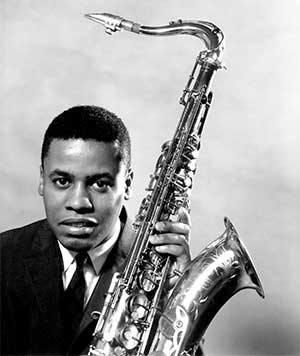
Songs: Footprints, Speak no Evil